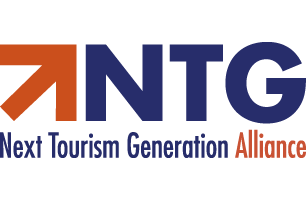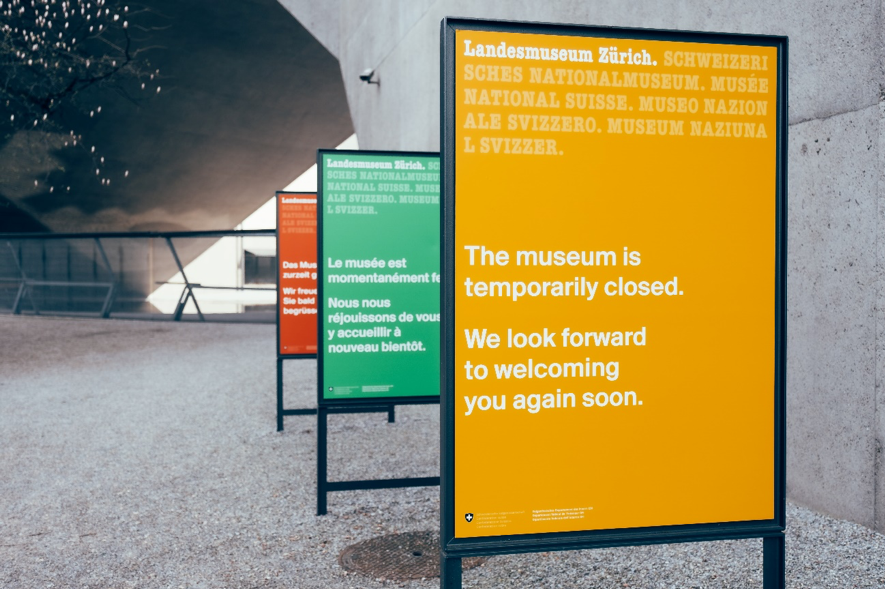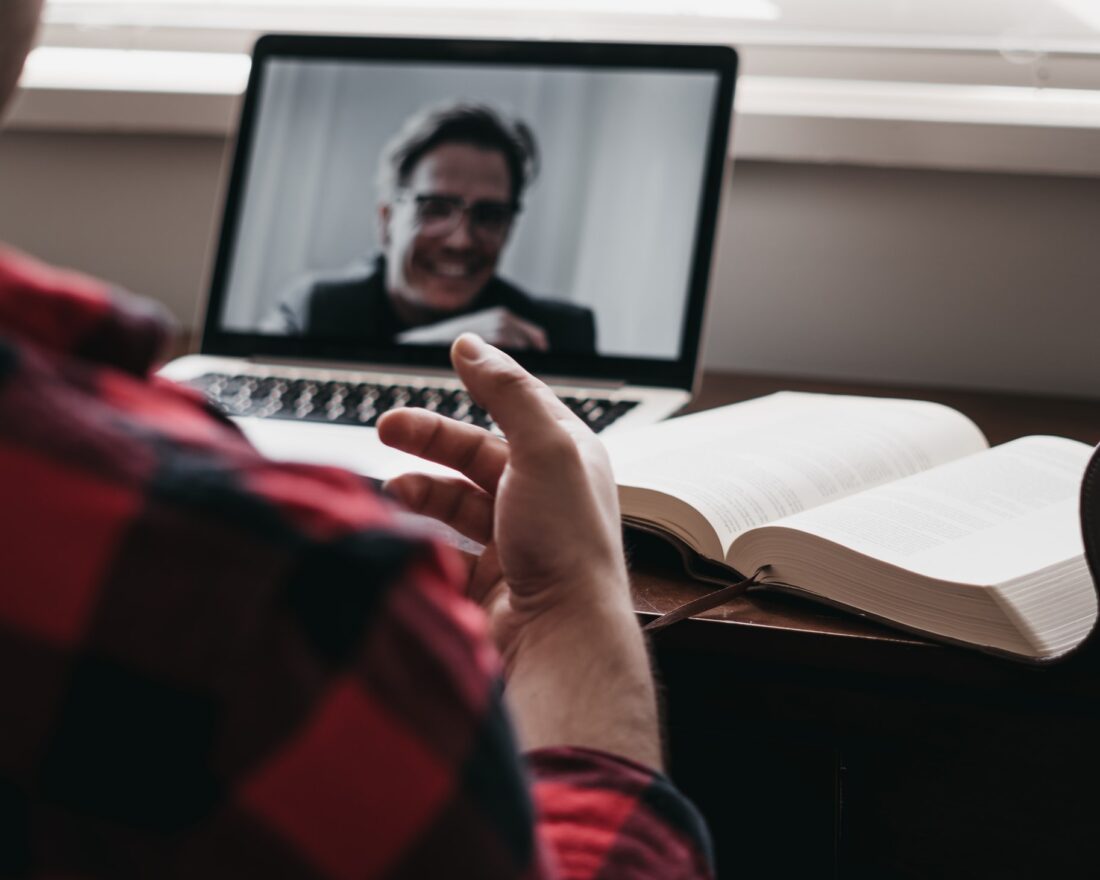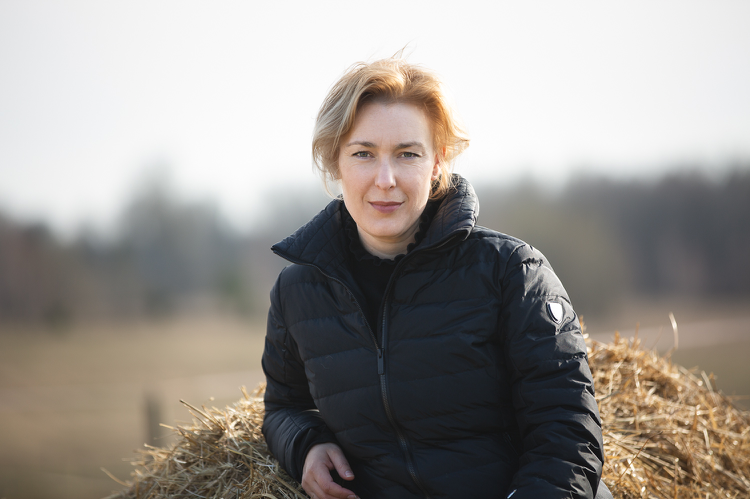The disruption of destination management during COVID-19
There has been a lot of disruption for the tourism industry because of the coronavirus pandemic. Before the first lockdownsmany places were struggling with over-tourism, however, the opposite is now true. Other changes within the tourism industry shows thattrends emerging before have accelerated drasticallyas a result of the consequences of COVID-19. From this, the Next Tourism Generation Alliance can see that a lot has changed and will continue to change. The industry must adapt to how people are now behaving in the market, which means that new digital, green and socio-cultural skills will become in demand as it becomes more obvious how destination management has changed due to the coronavirus pandemic.
Continue Reading



